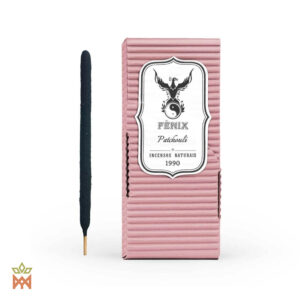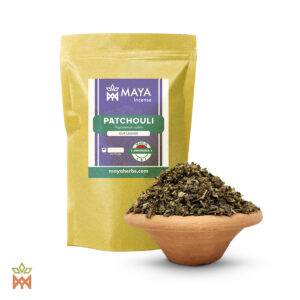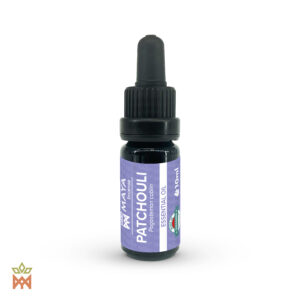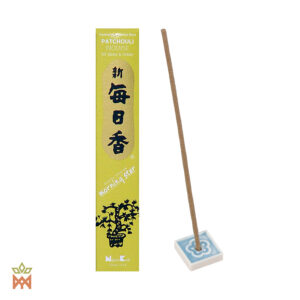5 résultats affichés
- Plage de prix : € 7,50 à € 24,00 Incl. VATChoix des options Ce produit a plusieurs variations. Les options peuvent être choisies sur la page du produit
- Plage de prix : € 3,75 à € 50,00 Incl. VATChoix des options Ce produit a plusieurs variations. Les options peuvent être choisies sur la page du produit
- Plage de prix : € 9,00 à € 250,00 Incl. VATChoix des options Ce produit a plusieurs variations. Les options peuvent être choisies sur la page du produit
5 résultats affichés
Botany of Pogostemon Cablin
Pogostemon cablin, commonly known as patchouli, is a perennial herbaceous plant belonging to the Lamiaceae (mint) family. Native to tropical regions of Southeast Asia, particularly Indonesia, India, and the Philippines, it thrives in warm, humid environments. The plant features bushy stems, aromatic ovate leaves, and delicate pink or white flowers. Patchouli’s leaves contain the essential oil that gives the plant its characteristic deep, earthy, and musky aroma, which intensifies as the leaves mature and dry.
Ethnobotanical history of Patchouli
Patchouli has a long history in ethnobotany, shamanism, and spiritual practices. Traditionally, its dried leaves were used as incense and in potpourri, with its scent believed to attract prosperity and ward off negativity. In India, patchouli was historically employed in Ayurvedic medicine to treat skin conditions, inflammation, and infections. The essential oil, extracted through steam distillation, continues to be widely used in aromatherapy for its grounding, calming, and balancing properties.
Patchouli in spiritual practices
In the realm of shamanism and spiritual practices, patchouli is valued for its ability to connect individuals to the earth, making it an important tool in grounding rituals. It is often used in ceremonies to foster stability, protection, and a deeper sense of presence. Some traditions also associate the plant with abundance and fertility, using it in spells or rituals aimed at enhancing material or spiritual wealth. The oil’s rich, sensual aroma is also linked with attracting love and enhancing creativity.
Pogostemon Cablin in modern times
In modern times, patchouli has found a significant place in perfumery, especially in the production of fragrances with oriental and woody notes. Its versatility spans from its deep cultural and spiritual roots to its practical applications in cosmetics, perfumery, and holistic health, making Pogostemon cablin an enduring symbol of both tradition and modernity in ethnobotany.





